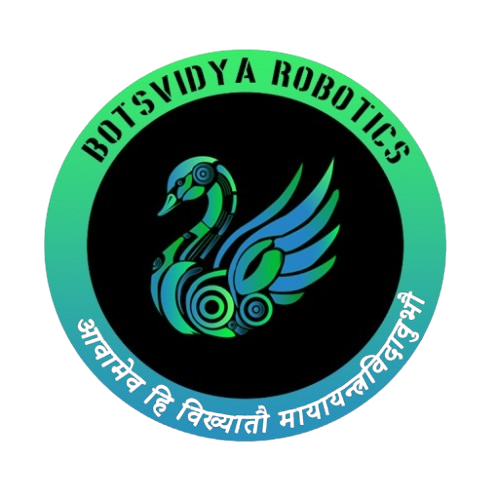Atal Tinkering Labs (ATLs) are innovation workspaces established in schools across India under the Atal Innovation Mission (AIM) by NITI Aayog. These labs aim to foster a culture of creativity, problem-solving, and scientific curiosity by providing students with hands-on experience in STEM (Science, Technology, Engineering, and Mathematics) education. By encouraging students to experiment with robotics, electronics, IoT, and AI, ATL Labs are transforming the way young minds approach learning and innovation.
1. Promoting Experiential Learning
Traditional learning often focuses on rote memorization, but ATL Labs emphasize learning by doing. Students get access to cutting-edge tools such as 3D printers, robotics kits, microcontrollers (like Arduino and Raspberry Pi), and IoT devices, allowing them to build and experiment rather than just read theories.
By working on hands-on projects, students understand concepts better, develop analytical thinking, and enhance their creativity. This type of practical education bridges the gap between theoretical knowledge and real-world application, making learning more engaging and effective.
2. Encouraging Innovation and Entrepreneurship
ATL Labs create a startup-like environment within schools where students are encouraged to think critically and solve real-world problems. They get to brainstorm, prototype, and refine their ideas, which helps in developing an entrepreneurial mindset.
For example, students in ATLs have successfully created automated irrigation systems, smart waste management solutions, and AI-powered safety devices—all inspired by real-life problems. Such projects instill confidence in students and prepare them to become future innovators and problem-solvers.
3. Building a Collaborative Learning Environment
ATL Labs promote teamwork and knowledge sharing among students. Instead of working in isolation, students collaborate on projects, share ideas, and seek guidance from their peers and mentors.
Through group activities and competitions, students learn communication, leadership, and teamwork skills, which are essential for their future careers in STEM fields. These labs also connect students with mentors, industry experts, and startup founders, exposing them to real-world challenges and opportunities.
4. Bridging the Gap Between Academics and Practical Application
One of the biggest challenges in traditional education is the gap between what students learn in textbooks and how that knowledge applies in real life. ATL Labs help bridge this gap by allowing students to apply their classroom knowledge in practical projects.
For instance, instead of just studying Ohm’s Law or Newton’s Laws of Motion, students can build working models such as solar-powered vehicles, home automation systems, or AI-driven chatbots. This approach reinforces their understanding and makes learning more meaningful.
5. Nurturing Future-Ready Skills
In today’s tech-driven world, skills like coding, artificial intelligence, machine learning, 3D design, and digital fabrication are in high demand. ATL Labs equip students with these 21st-century skills, preparing them for careers in emerging technologies.
Additionally, ATL Labs encourage design thinking and computational thinking, helping students develop a logical and innovative mindset. These skills are essential for future job markets, ensuring that students are ready for the digital economy.
Conclusion: Shaping the Innovators of Tomorrow
ATL Labs are revolutionizing education in India by making STEM learning more accessible, engaging, and impactful. By fostering innovation, hands-on learning, and collaboration, these labs are empowering students to become the next generation of engineers, entrepreneurs, and tech leaders.
With a strong presence in Patna (Bihar), Ranchi (Jharkhand), and other cities across India, BotsVidya Robotics is committed to setting up and expanding ATL Labs in schools, ensuring that students from all backgrounds get access to world-class STEM education.
🚀 Let’s build a future where every student can dream, innovate, and create!
